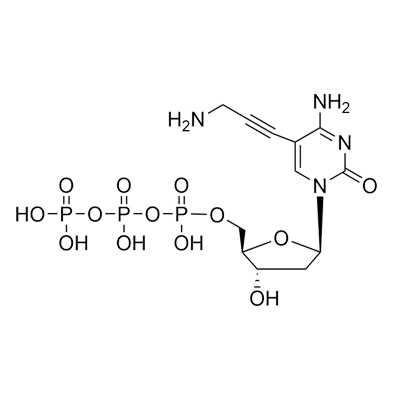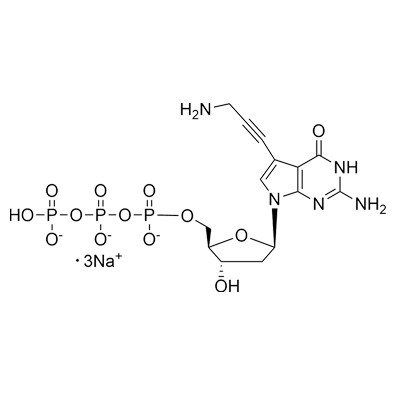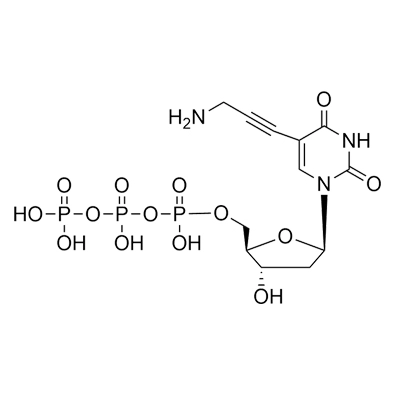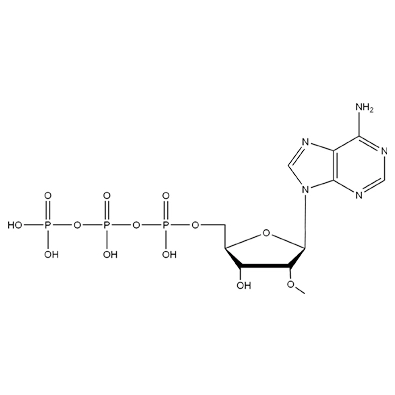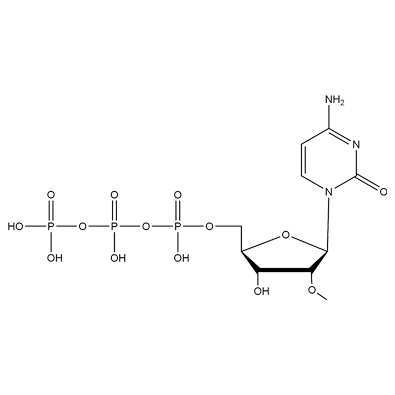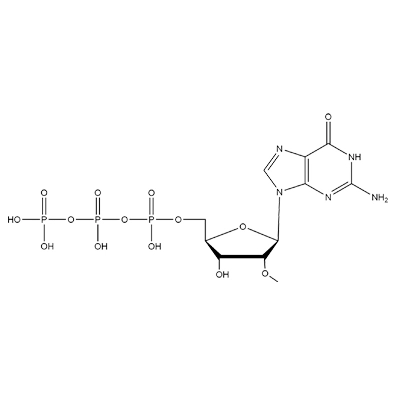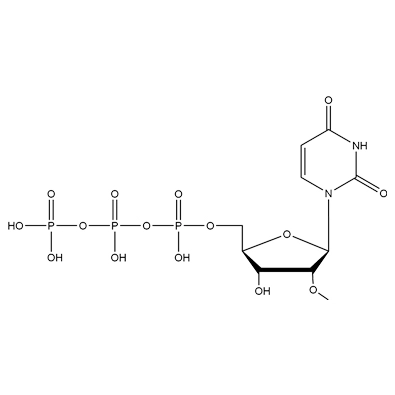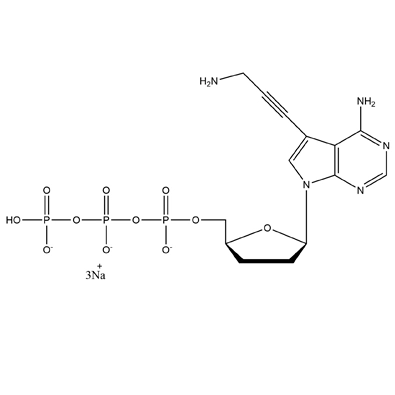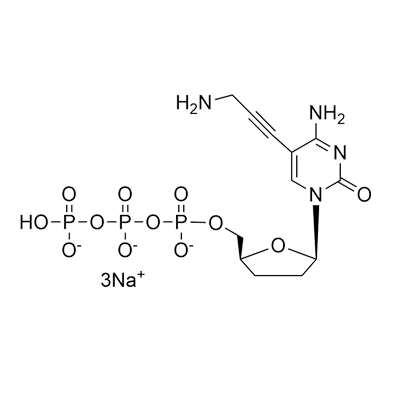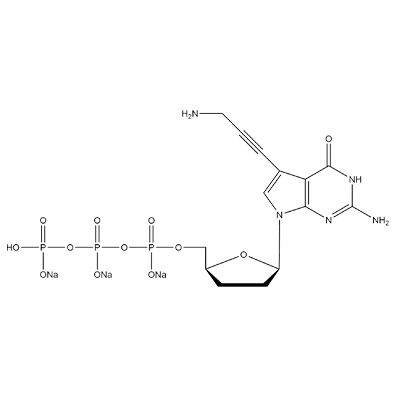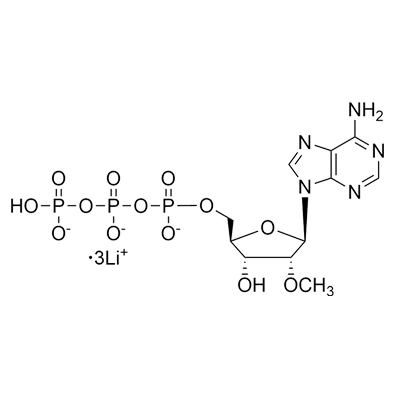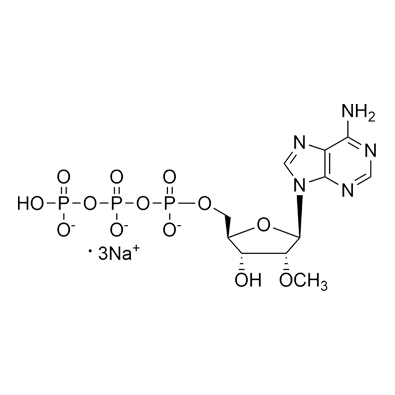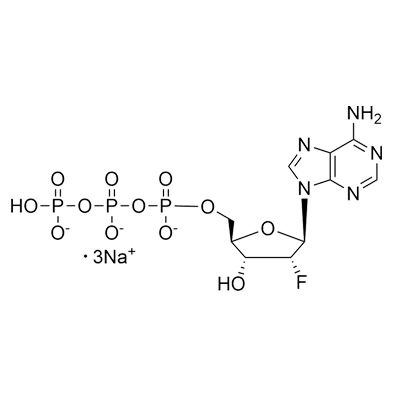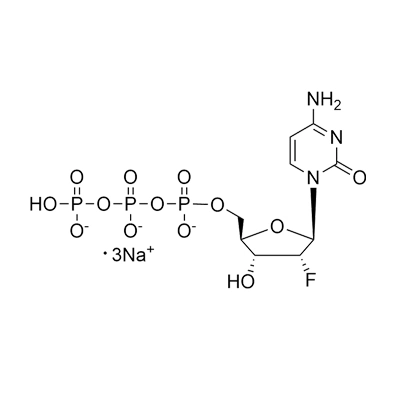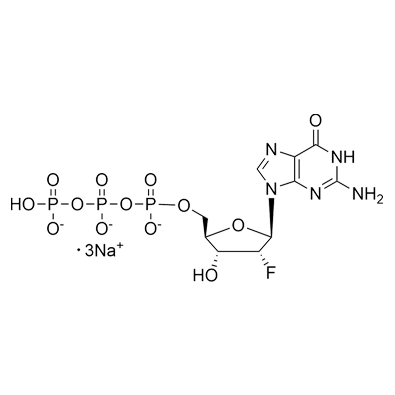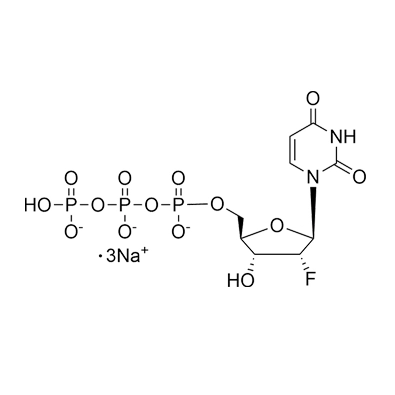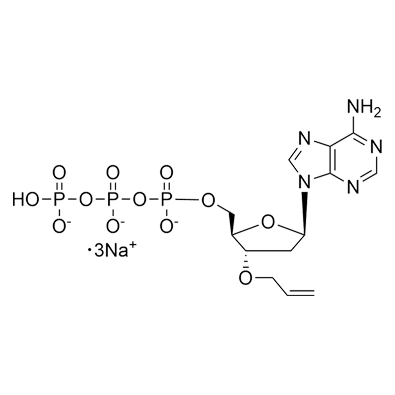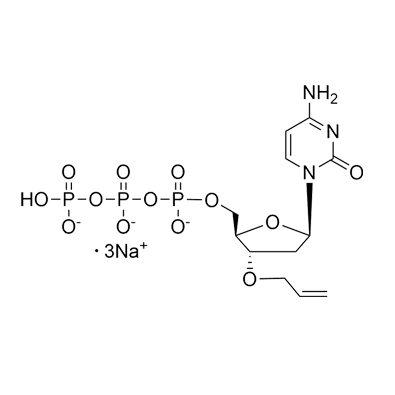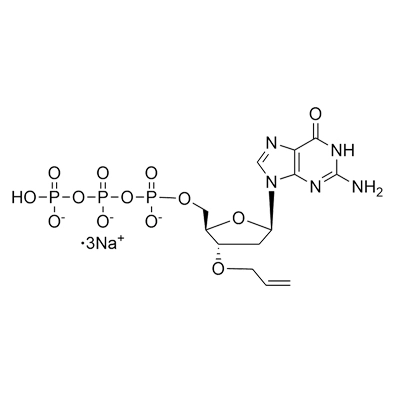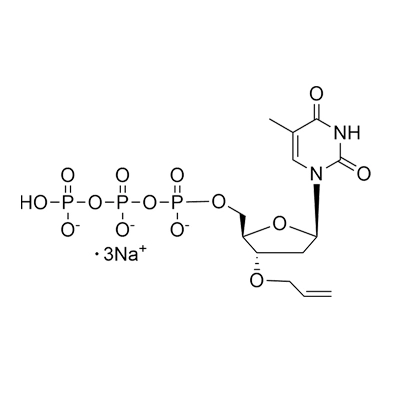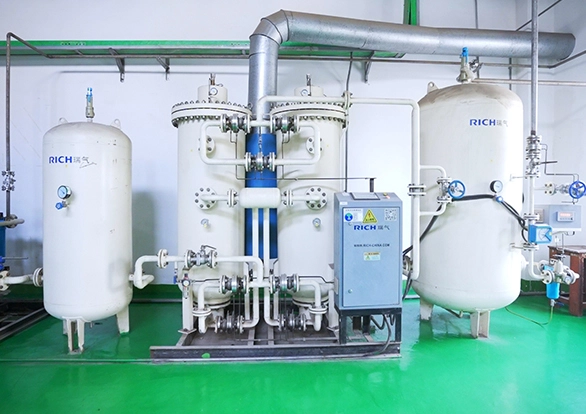Molecular diagnostics include a class of diagnostic tests that assess a person's health literally at a cellular and molecular level, detecting and measuring specific cellular alterations, genetic sequences in deoxyribonucleic acid (DNA) or ribonucleic acid (RNA) or amino acids or the proteins they express.
Molecular diagnostic testing combines laboratory testing with the precision of molecular biology and has revolutionized the way clinical and public health laboratories investigate the human, viral, and microbial genomes, their genes, and the products they encode. Molecular diagnostic tests are increasingly being used, and have supplanted numerous conventional tests, in many areas of laboratory medicine including oncology, infectious diseases, clinical chemistry, and clinical genetics. Advancements in molecular diagnostic testing will continue to improve the accuracy and speed by which we can detect microbial pathogens or analyze a patient's genes, and is becoming an essential aspect of patient-tailored interventions and therapeutics.
The polymerase chain reaction (PCR) is the gold standard method in molecular diagnostics and is a vital tool in modern molecular biology. Real-time PCR is playing an ever-increasing role in clinical diagnostics and research laboratories. It is considered a rapid and accurate method due to its capacity to generate both qualitative and quantitative results.
PCR enables the synthesis of specific DNA fragments using a DNA-polymerase enzyme, which takes part in the replication of the cellular genetic material. This enzyme synthesizes a complementary sequence of DNA, as a small fragment (primer) is connected to one of the DNA strands in the specific site. Primers limit the sequence to be replicated and the result is the amplification of a particular DNA sequence with billions of copies.
Huaren supply global customers in molecular diagnostic with high quality dNTPs, modified nucleotides, phosphoramidites for primer and probe synthesis, and tool enzymes used in PCR testing.
qPCR
A real-time polymerase chain reaction (real-time PCR, or qPCR) is a laboratory technique of molecular biology based on the polymerase chain reaction (PCR). It monitors the amplification of a targeted DNA molecule during the PCR (i.e., in real time), not at its end, as in conventional PCR. Real-time PCR can be used quantitatively (quantitative real-time PCR) and semi-quantitatively (i.e., above/below a certain amount of DNA molecules) (semi-quantitative real-time PCR).
Two common methods for the detection of PCR products in real-time PCR are (1) non-specific fluorescent dyes that intercalate with any double-stranded DNA and (2) sequence-specific DNA probes consisting of oligonucleotides that are labelled with a fluorescent reporter, which permits detection only after hybridization of the probe with its complementary sequence.
NGS
DNA sequencing is the process of determining the nucleic acid sequence – the order of nucleotides in DNA. It includes any method or technology that is used to determine the order of the four bases: adenine, guanine, cytosine, and thymine. The advent of rapid DNA sequencing methods has greatly accelerated biological and medical research and discovery.
Sequencing is used in molecular biology to study genomes and the proteins they encode. Information obtained using sequencing allows researchers to identify changes in genes and noncoding DNA (including regulatory sequences), associations with diseases and phenotypes, and identify potential drug targets.

 En
En Cn
Cn
